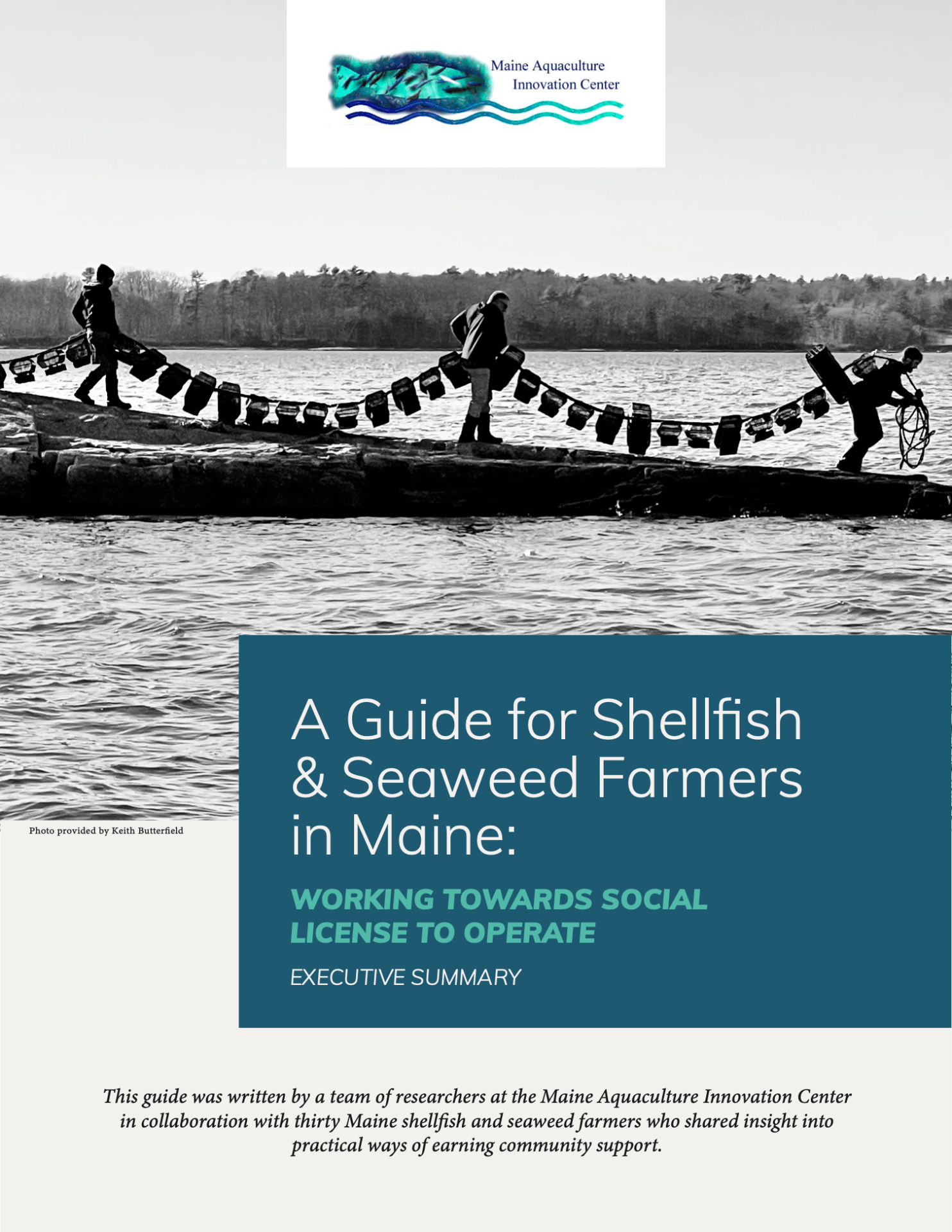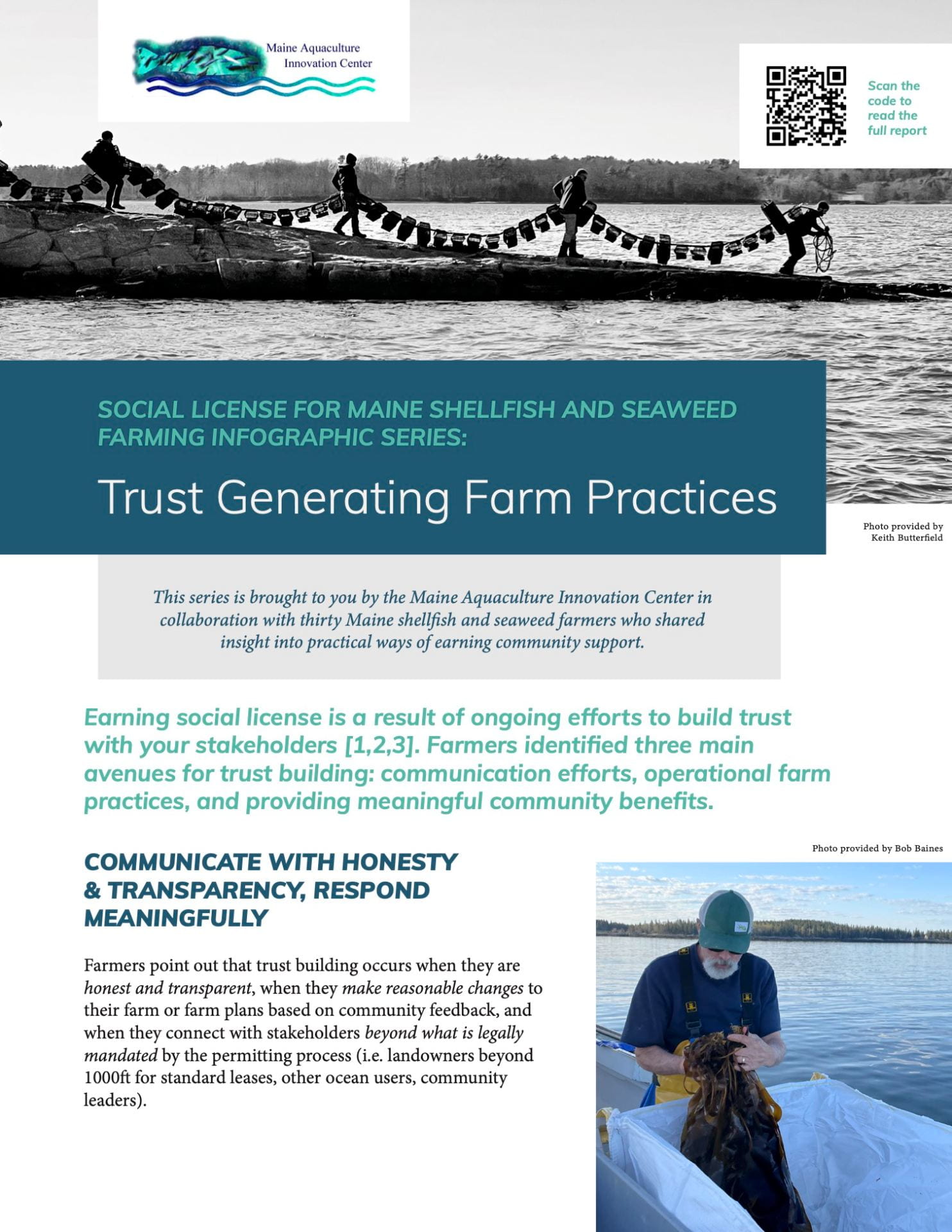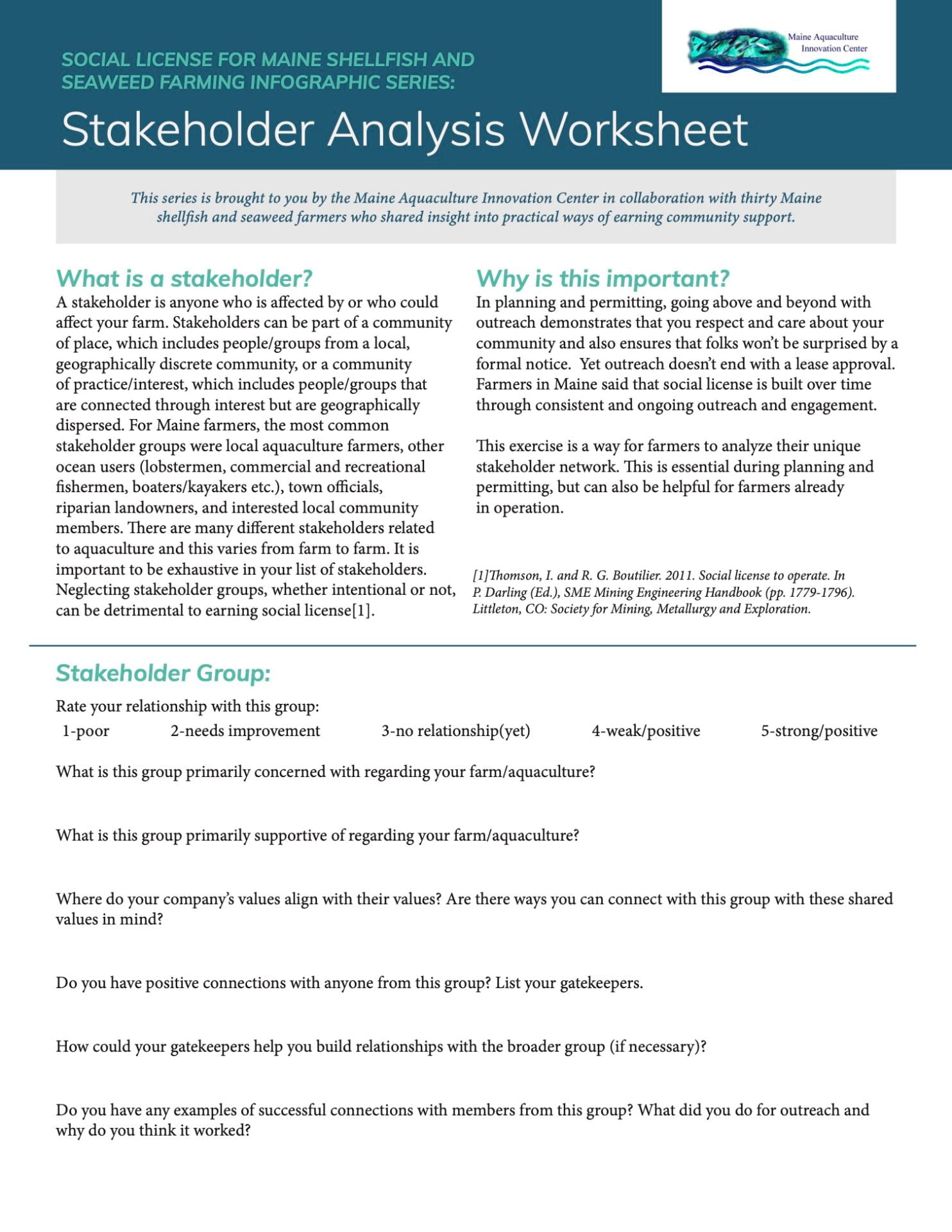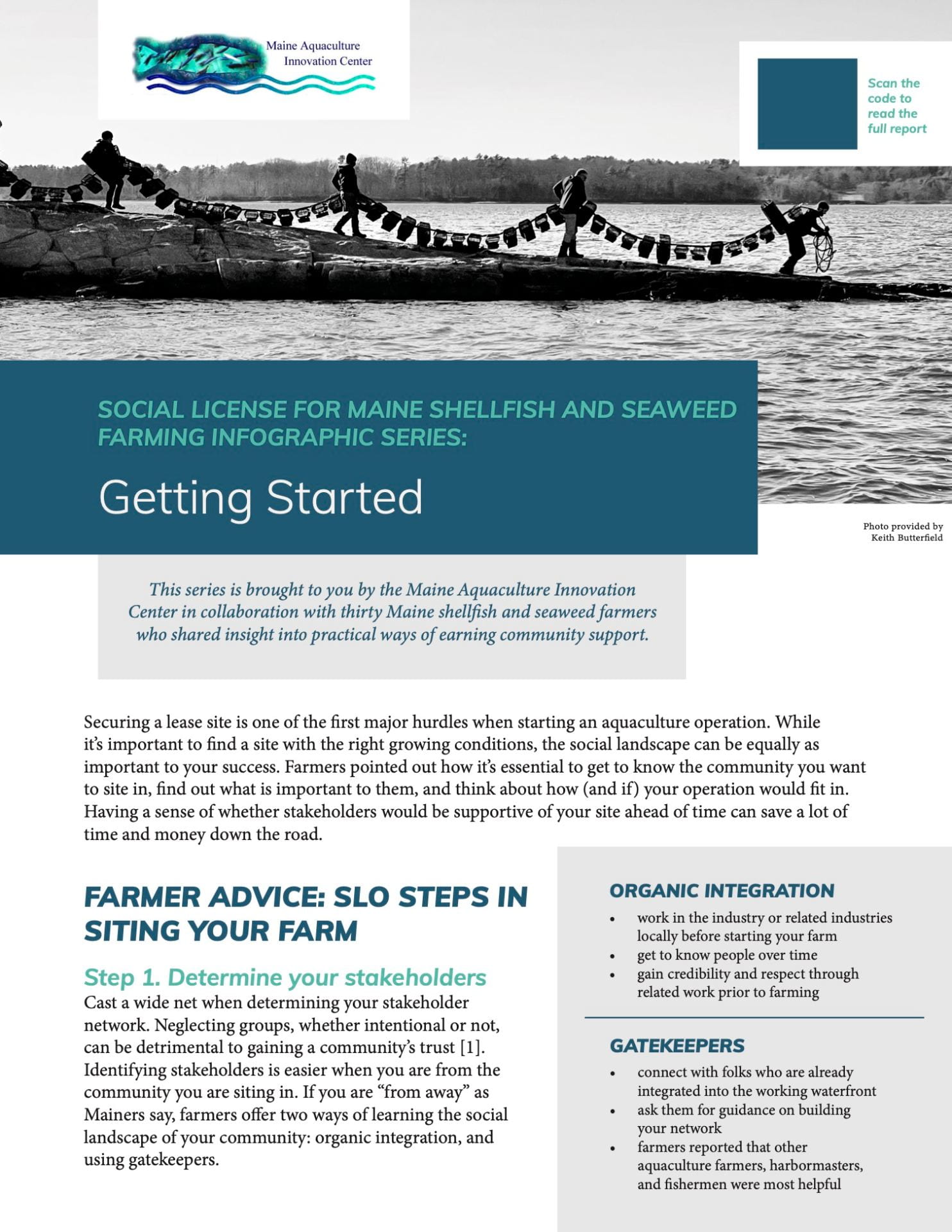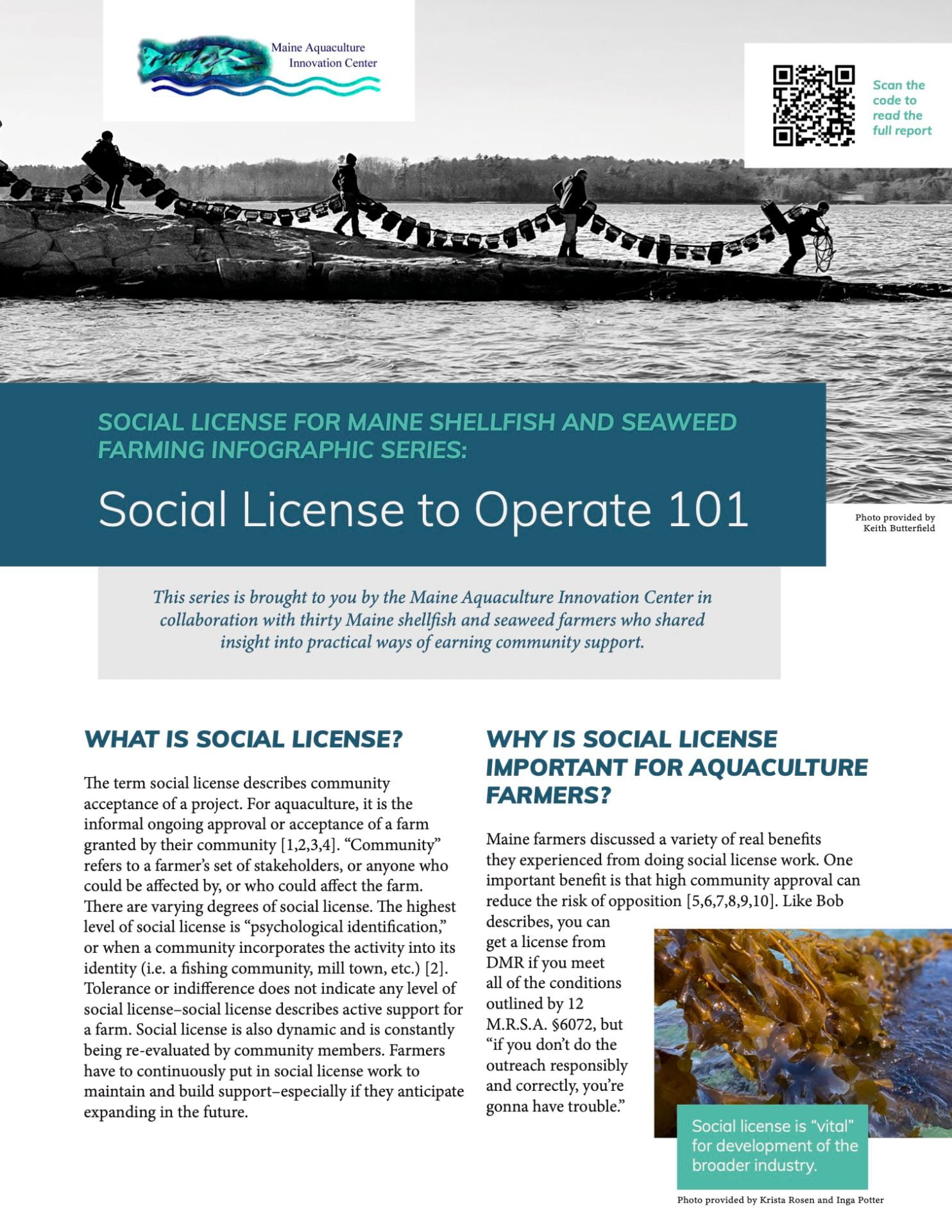Social Dimensions of Aquaculture
Explore how aquaculture is intertwined with cultural and social dynamics of coastal communities through research from MAIC and partners
Image credit: Rachelle Hacmac
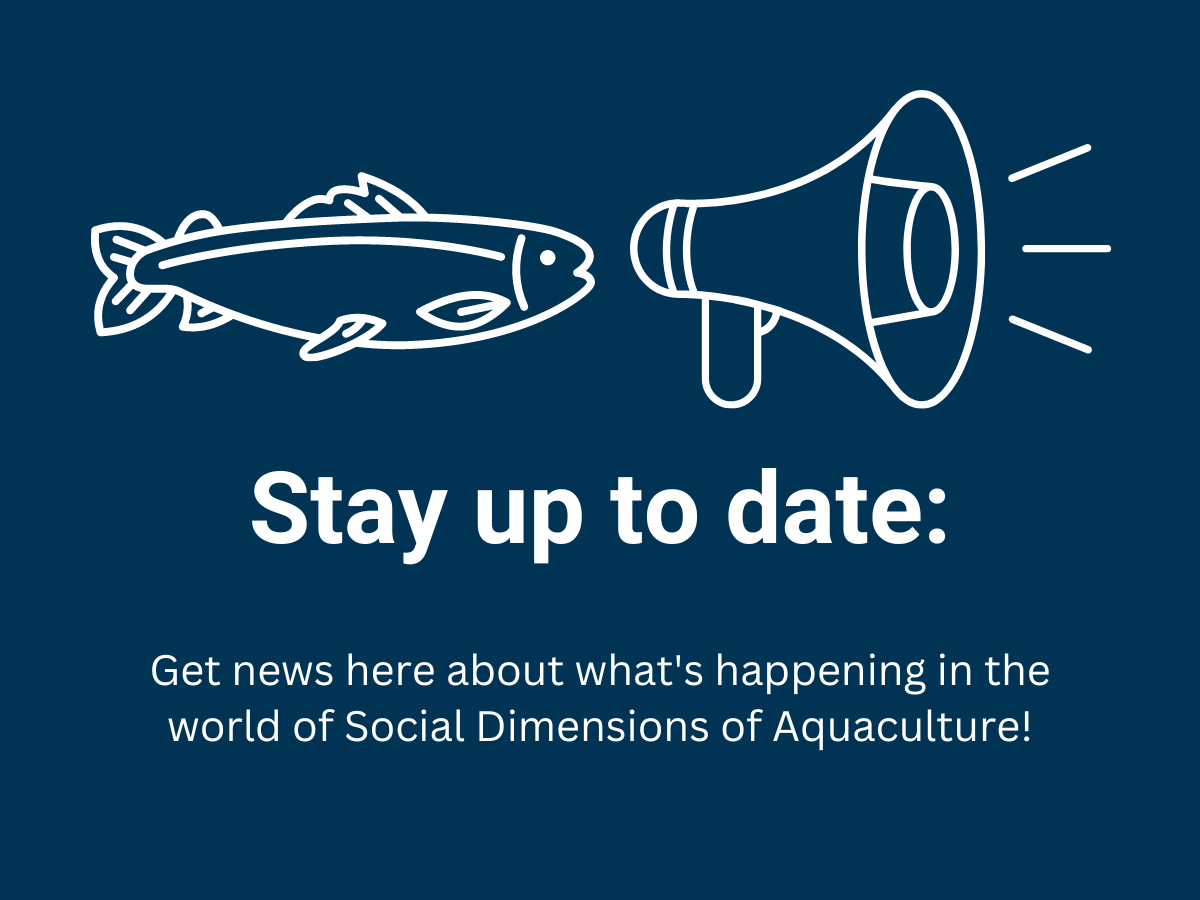
Social License Webinar
Watch the recording below!
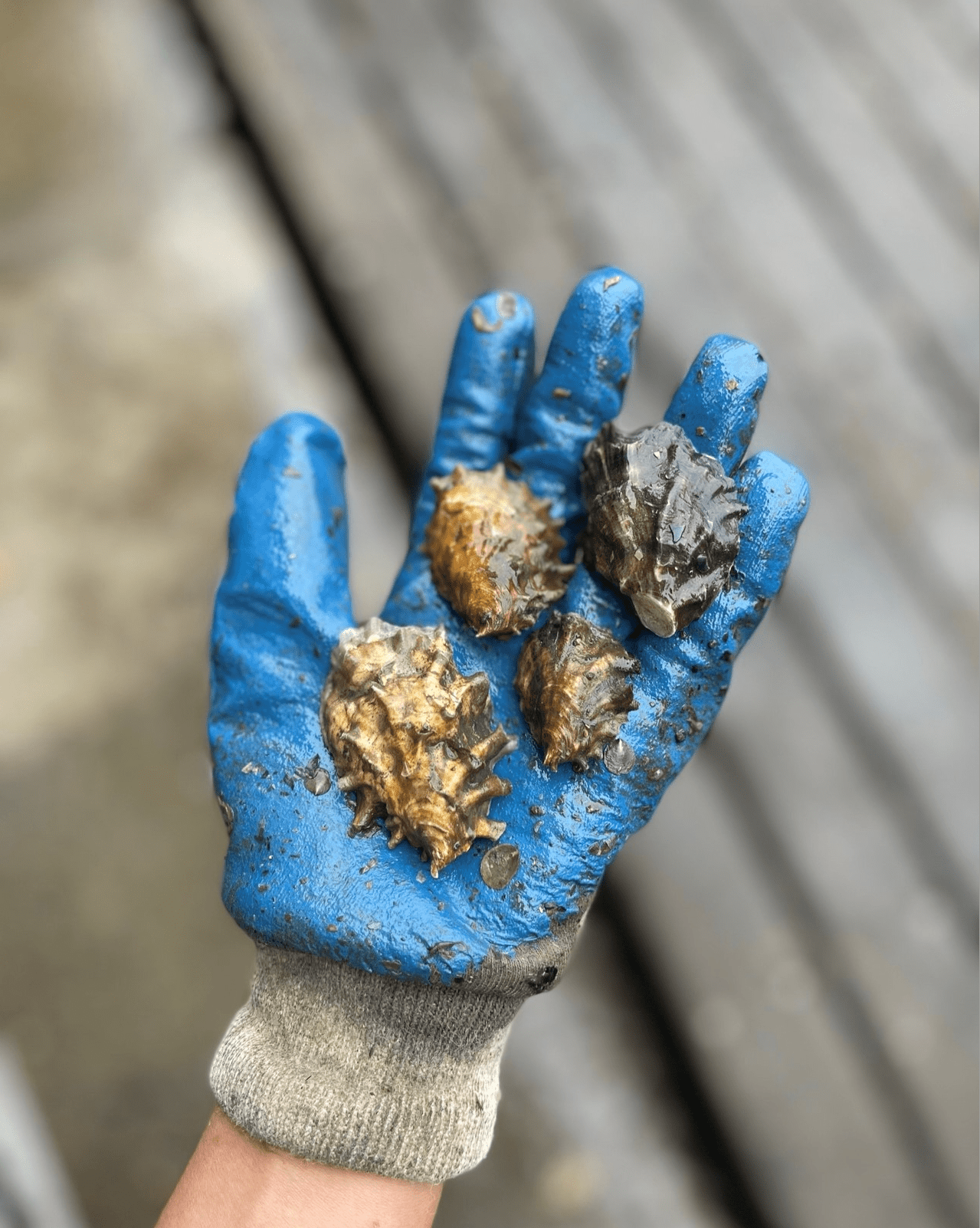
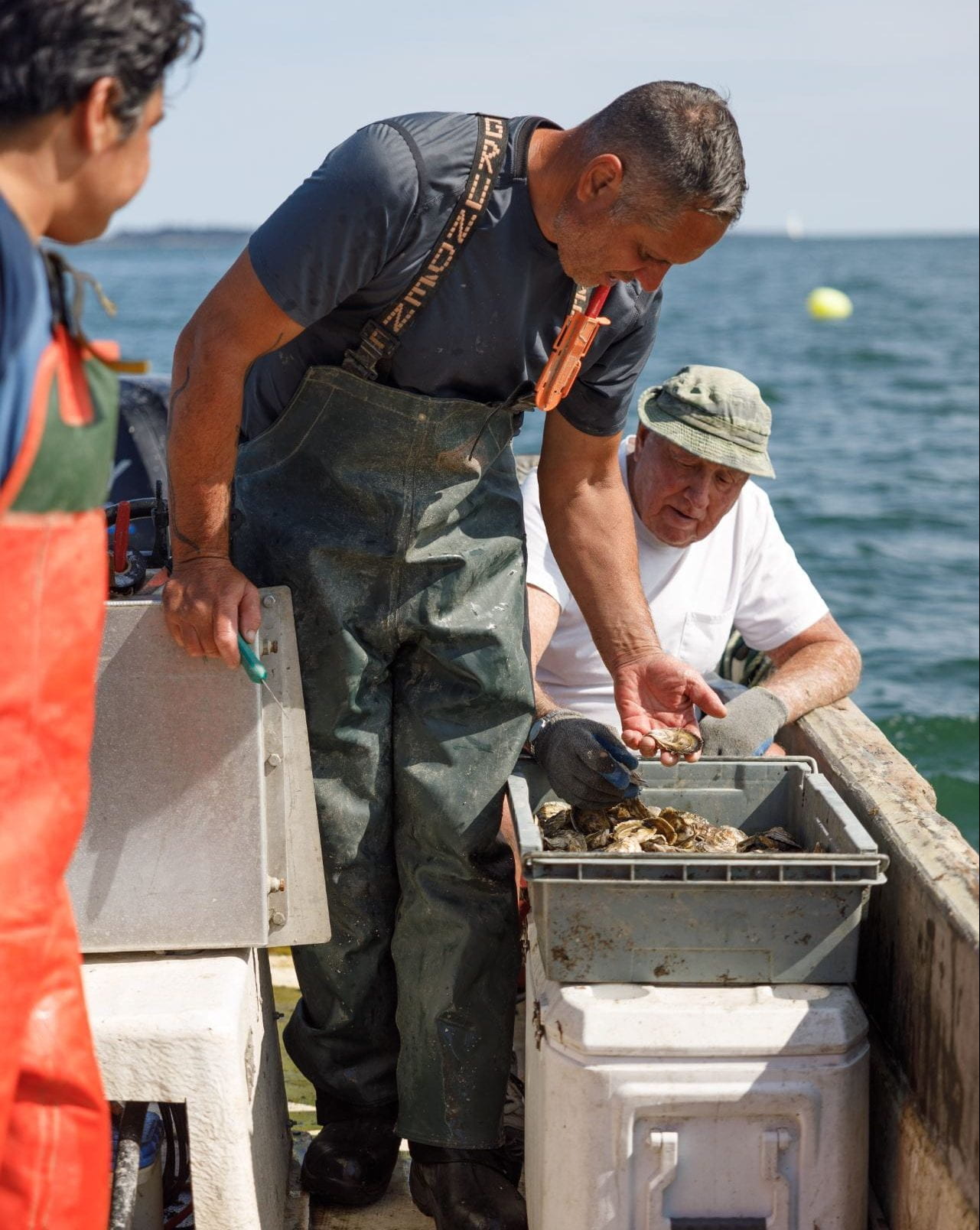
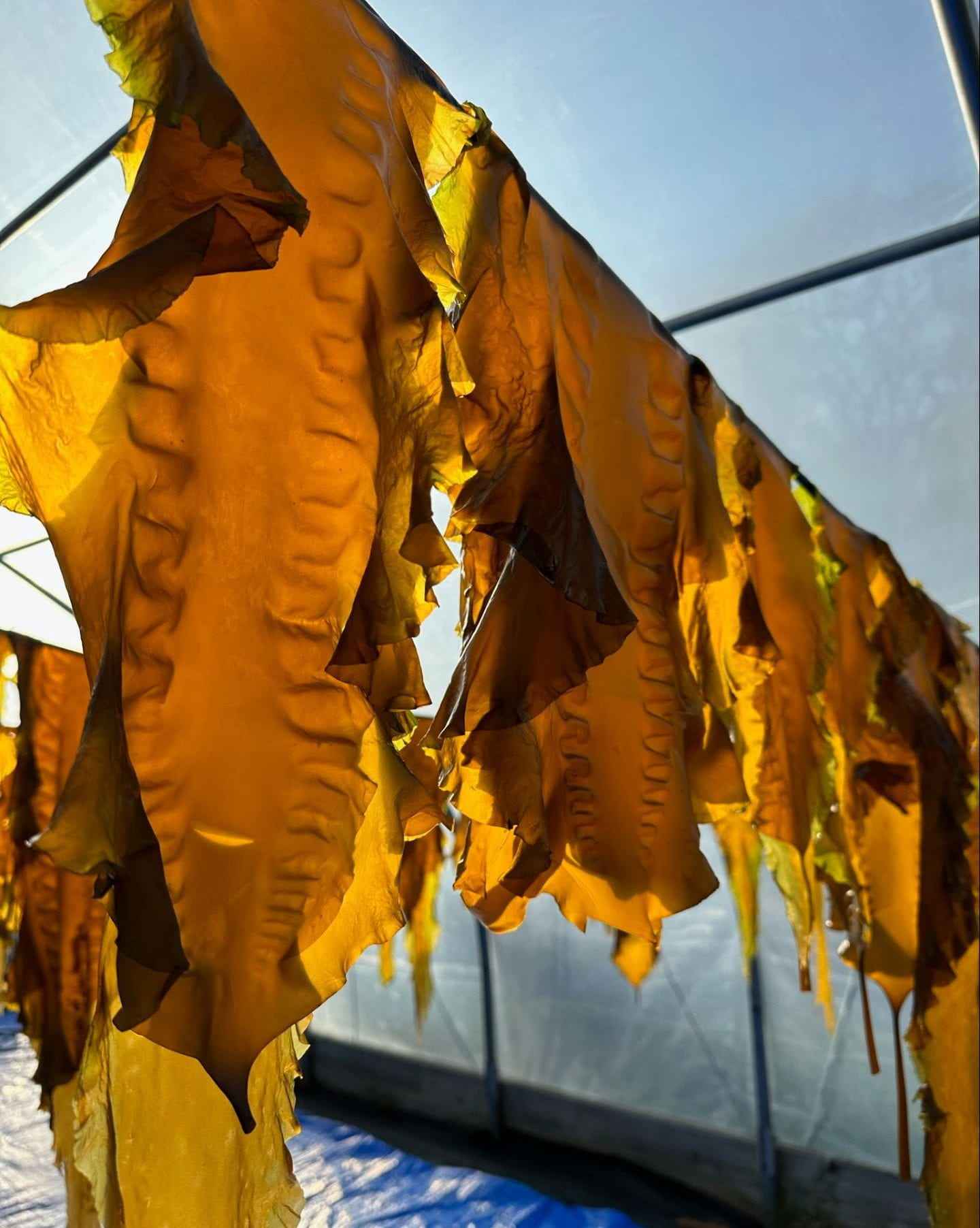
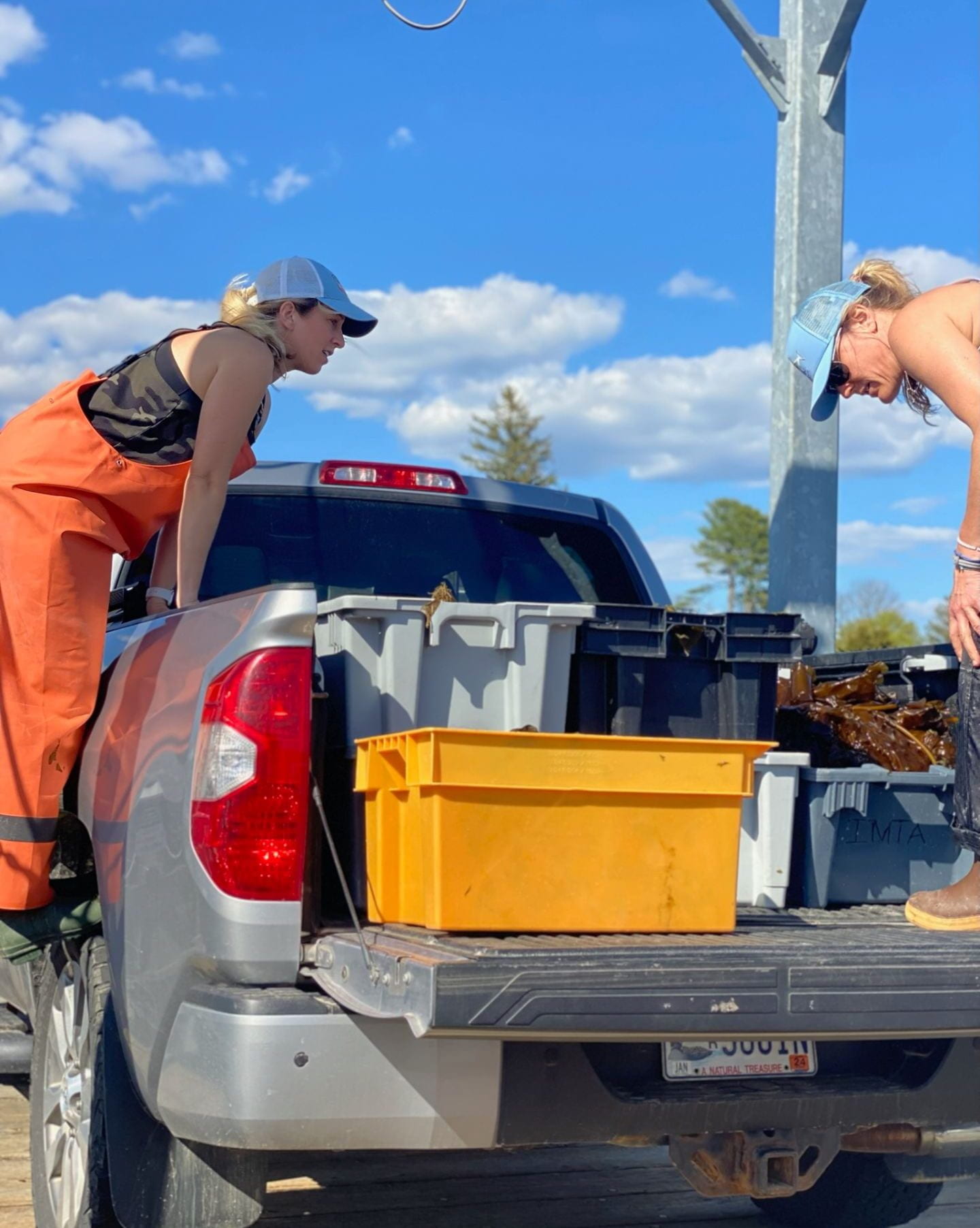
Climate Change & Maine’s Aquaculture Industry
Social License to Operate (SLO) Research Projects
What is social license to operate, and why is it important?
Social license to operate, a term describing the informal, ongoing support for a project granted by the community, is gaining traction in the aquaculture industry. Farmers have recognized the importance of gaining community support for the success of their own farms and the broader industry. Social license is also a community empowerment tool. Having the power to withhold or grant social license gives community members more of a say in how companies operating in shared waters act– this puts pressure on aquaculture farmers to prioritize their community’s well-being in an effort to become better neighbors. This way of thinking creates a more socially sustainable industry.
A Guide for Shellfish & Seaweed Farmers in Maine: Working towards social license to operate
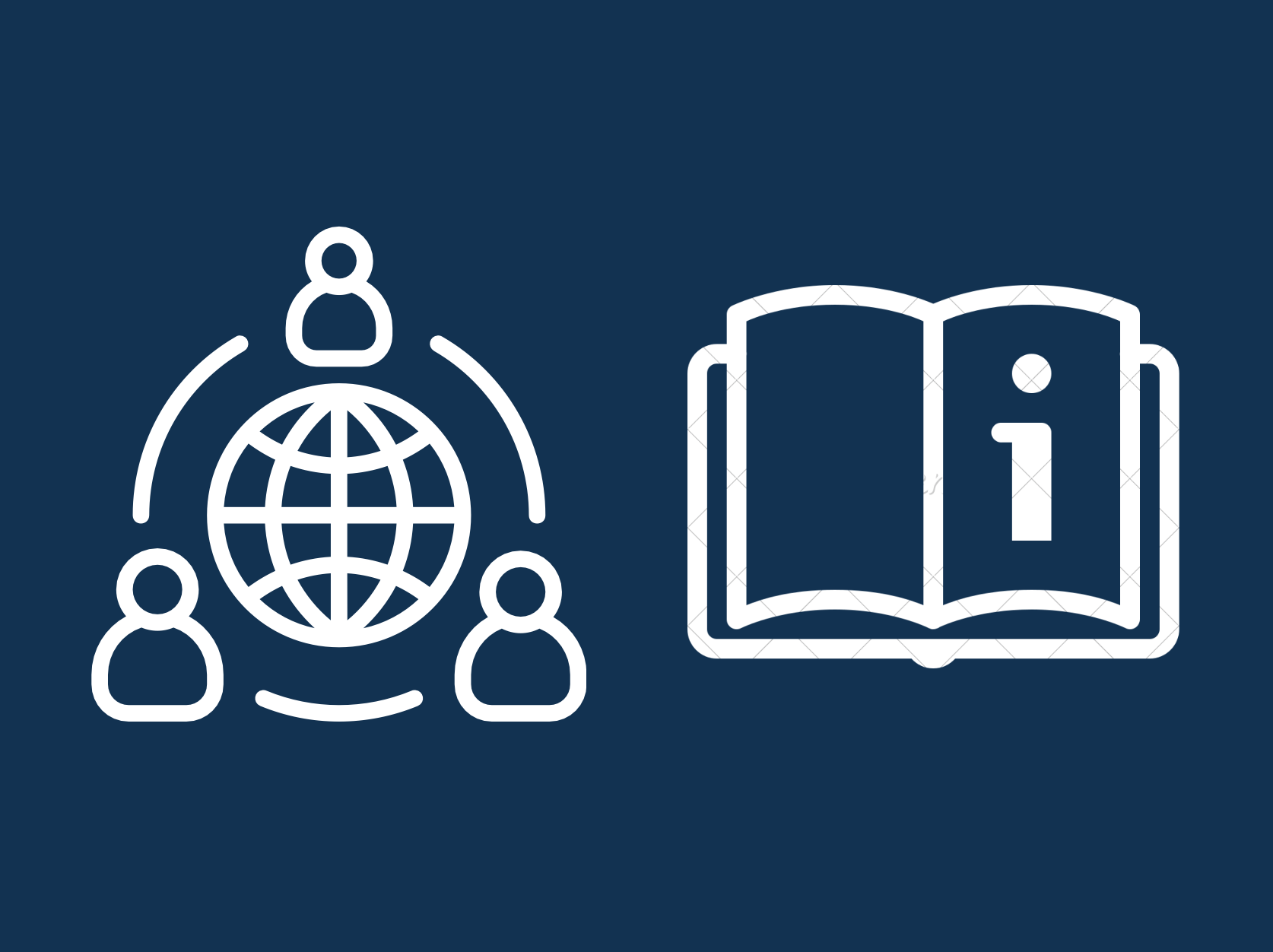
Project summary: In collaboration with farmers, MAIC has created a social license guidebook for shellfish and seaweed aquaculture in Maine. This guide is based on a series of interviews where farmers shared practical ways of earning trust and support from their communities.
Methods: Semi-structured interviews with randomly selected shellfish and seaweed farmers. Farmers were also involved in drafting and editing of the final guidebook.
Lead Researcher: Emily Whitmore, Ph.D.
Funders: World Wildlife Fund (WWF)
- Status of Research Project
Project Design
Data Collection
Analysis & Drafting
Farmer Input & Editing
Final Drafting
Final Guidebook & Farmer Resrouces
Project Outputs and Resources
Social License for Aquaculture Roadmap
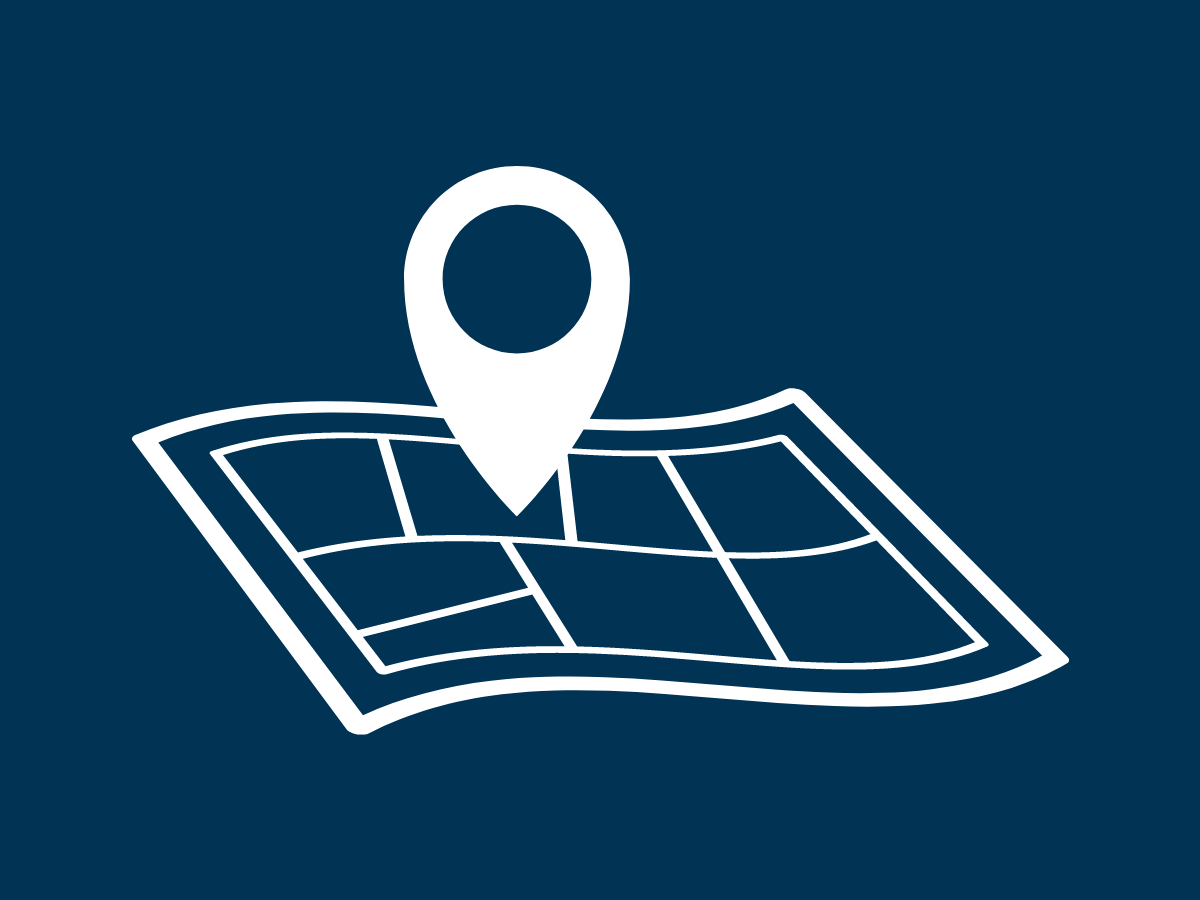
Project summary: Develop a social license roadmap that outlines ways that supporting organizations can help advance social license for the aquaculture industry.
Methods: Knowledge exchange panel and case studies.
Lead Researcher(s): Emily Whitmore, Ph.D., Sydney Avena
Funders: World Wildlife Fund (WWF)
Project outputs:
- Social License to Operate for Aquaculture Roadmap
- Case Studies Report
- Status of Research Project
Project Design
Data Collection
Preliminary Drafting
Knowledge Panel Input & Guidebook Data Incorporation
Final Drafting
Final Roadmap
Project Outputs and Resources
Past SLO Workshops:
- MAIC R&D&E Summit 2023
- Seaweed Symposium 2023
- PCSGA Meeting 2023
- California Sea Grant Aquaculture Industry Meeting 2023
Upcoming SLO Workshops:
- NACE 2024
Public Perception/Social Acceptability Research
Why is public perception research important?
Relying primarily on surveys, public perception research helps us to better understand general views about aquaculture. We can also identify characteristics or values that predict certain outcomes, like support for aquaculture, and record trends and changes over time. Public perception research can help inform decision making about aquaculture regulations, can aid in creating strategic awareness campaigns, and can help inform industry members about social impacts.
Aquaculture Perceptions Pine Tree Poll
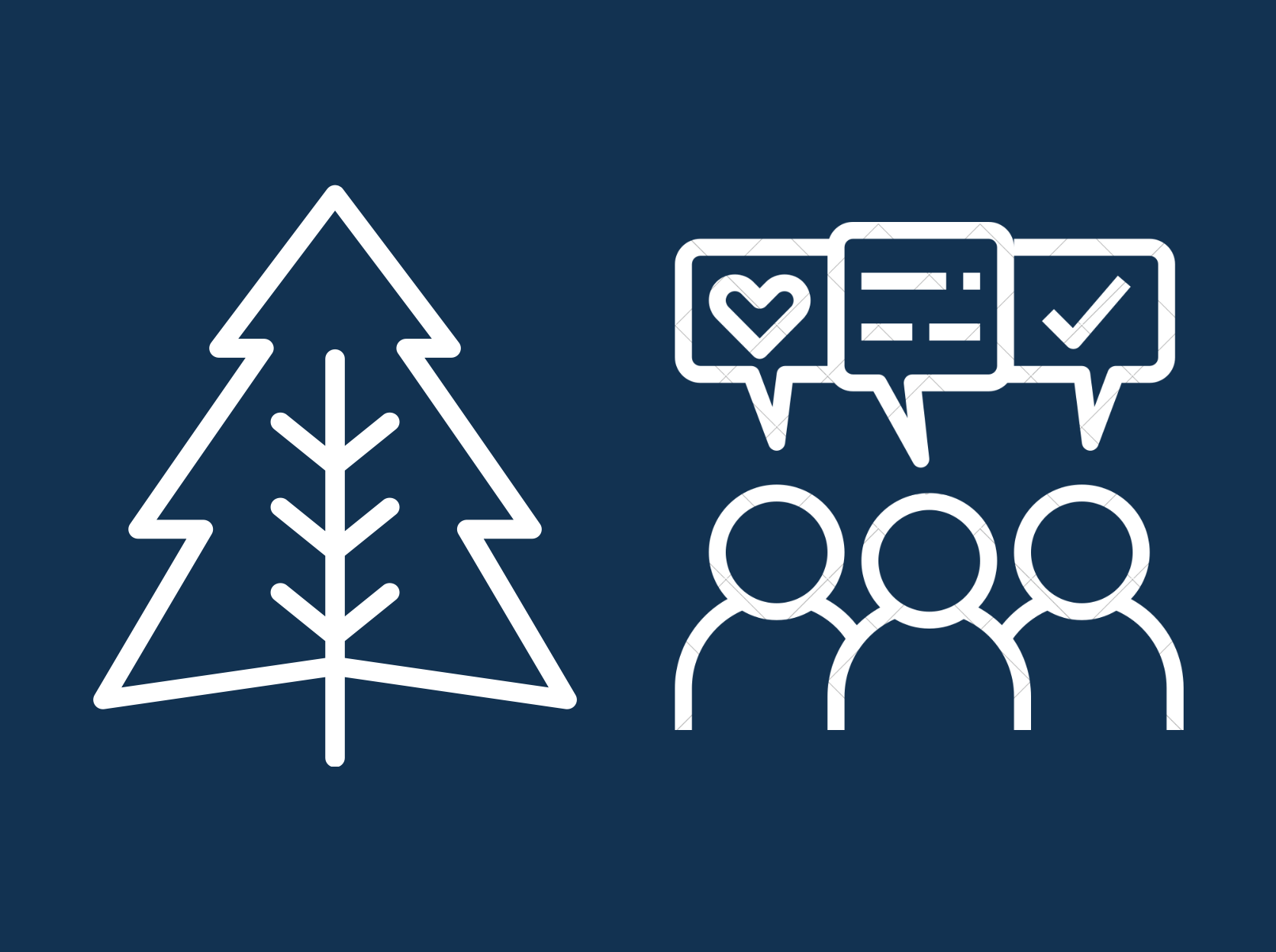
Project summary: Survey of Maine residents about finfish, shellfish and seaweed aquaculture.
Methods: Panel survey of Maine residents.
Lead Researcher: Emily Whitmore, Ph.D.
Funders: World Wildlife Fund (WWF)
Project Outputs:
- Summary Report
- Infographic Series
- Scholarly Article
- Status of Research Project
Project Design
Data Collection
Analysis & Drafting
Final Drafting
Report, Article, & Infographics


